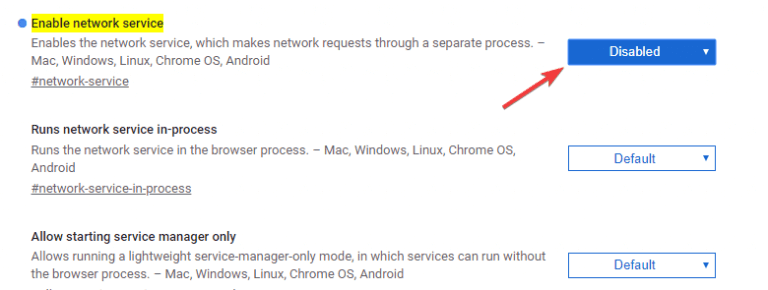

In late 2021, Google made the decision to update the Manifest V3 code that ran the browser's interaction with extensions and alter the way the Web Request function worked.

Extensions such as Ghostery, AdBlock, AdBlock Plus, uBlock Origin and others could be added to Chrome in order to block advertisements and trackers on websites visited by a user, reducing annoyance and making webpages easier to load since debuting in the late 2000s and early 2010s. Officially released on December 11th, 2008, Google Chrome has been the world's most widely used internet browser since surpassing Internet Explorer in May 2012, with about two-thirds of users on desktop computers preferring it in 2022.

Rival web browsers like Mozilla Firefox also reacted to news of the update spreading by positioning themselves as ad-blocker friendly, with many users posting their intentions to switch from Chrome. Around mid-2022, speculation of this Chrome change spread online, resulting in various discussions, memes and media coverage. Google has stated the update exists for security and privacy reasons, while critics theorize it is for monetary reasons. Google Chrome Anti Ad Blocker Update refers to an upcoming move in early 2023 by Google to update the software managing extensions on its browser Chrome in a way that many speculate will limit the effectiveness of ad-blocking extensions, such as uBlock Origin and Adblock Plus. Browser, ad block, ad blocking, extension, chrome, firefox, google, advertisement, pop up, mv3, manifest v3, web request, chrome removing adblock, ad blocker ban, chrome ad blocking removed, ublock origin Overview


 0 kommentar(er)
0 kommentar(er)
